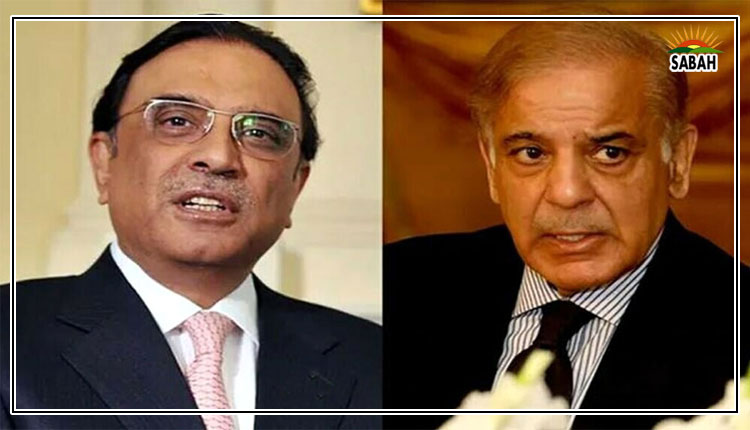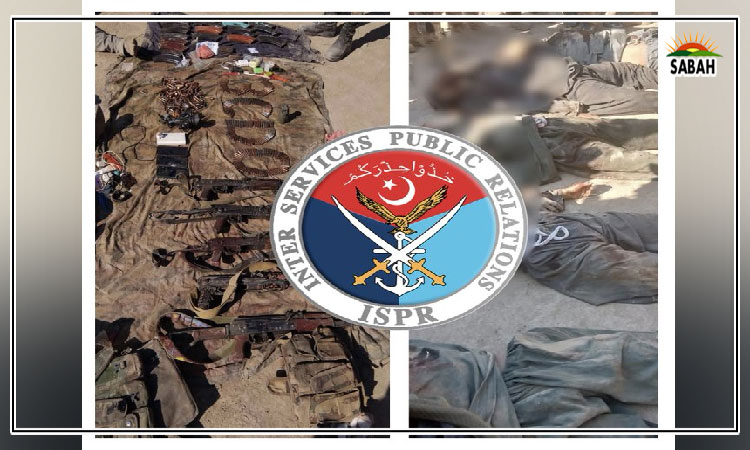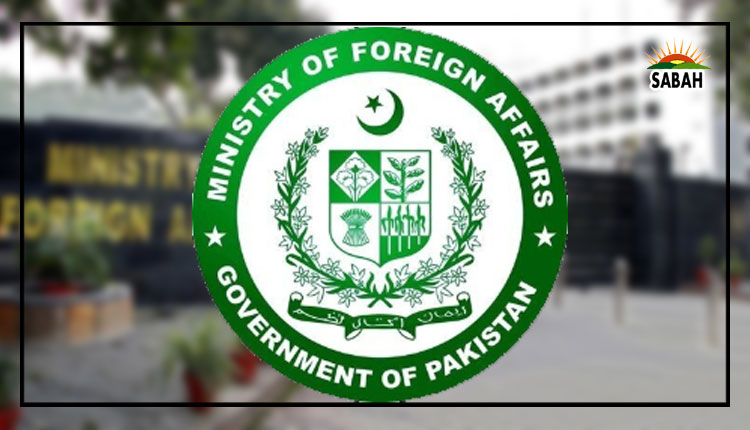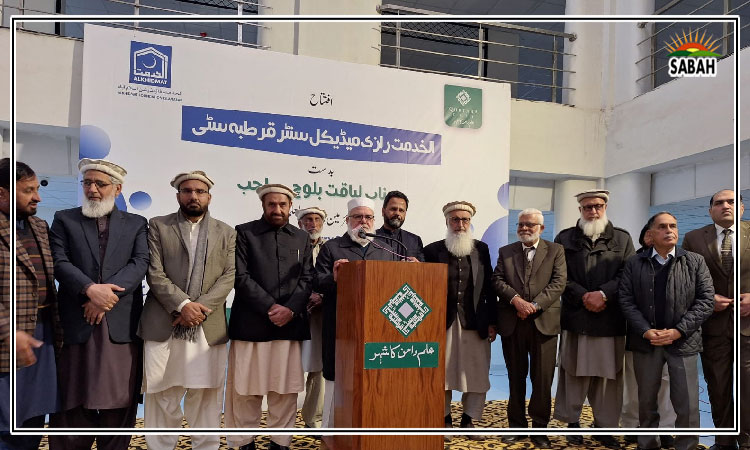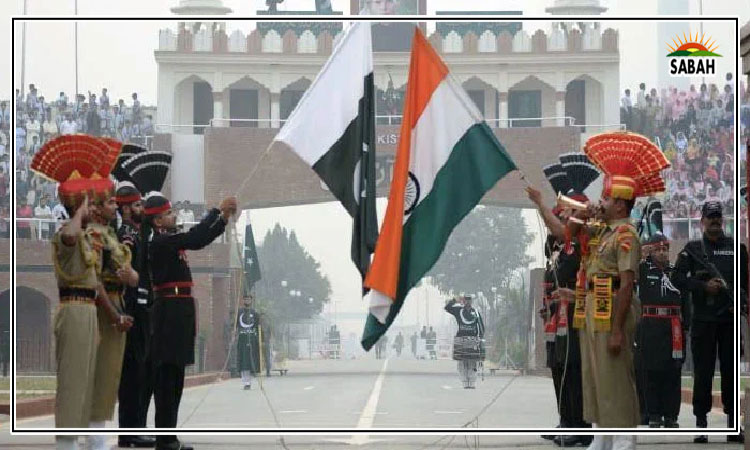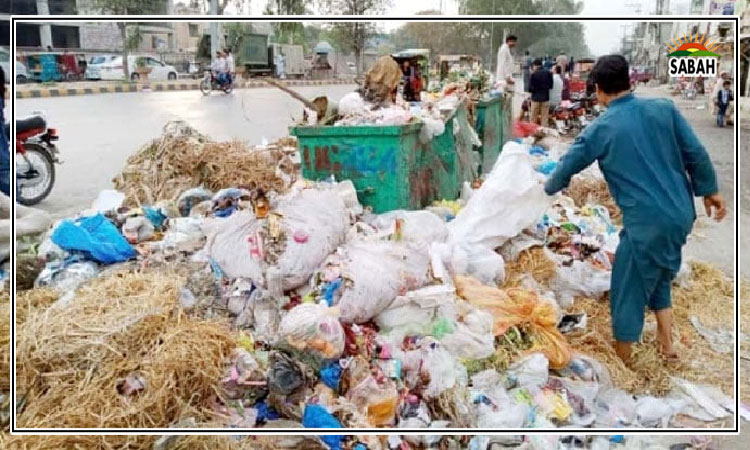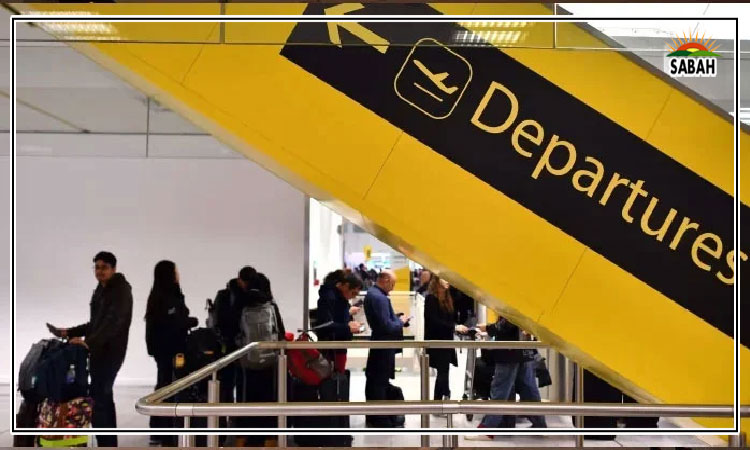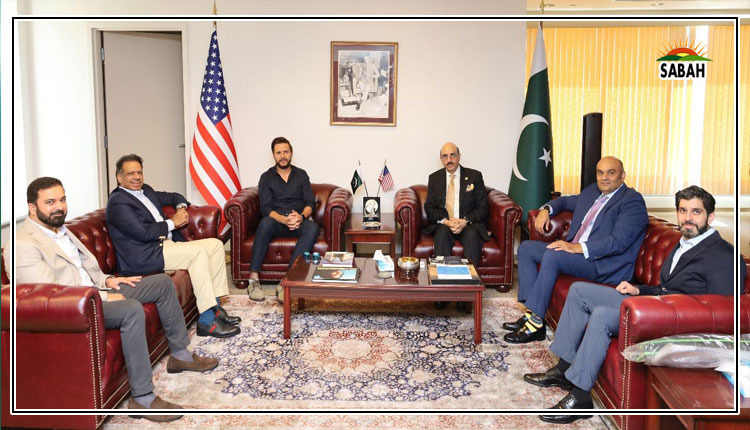Pakistan is the most philanthropic & giving nation on the face of the earth: Sardar Masood Khan
WASHINGTON, August 10 (SABAH): “Pakistan is the most philanthropic and giving nation on the face of the earth,” said Pakistan’s Ambassador to the United States Sardar Muhammad Masood Khan. “Pakistani-Americans are no exception. Their income percentile, particularly of the middle class, is very high. They are giving and philanthropic. They are not only giving to their compatriots but other communities,” he continued.
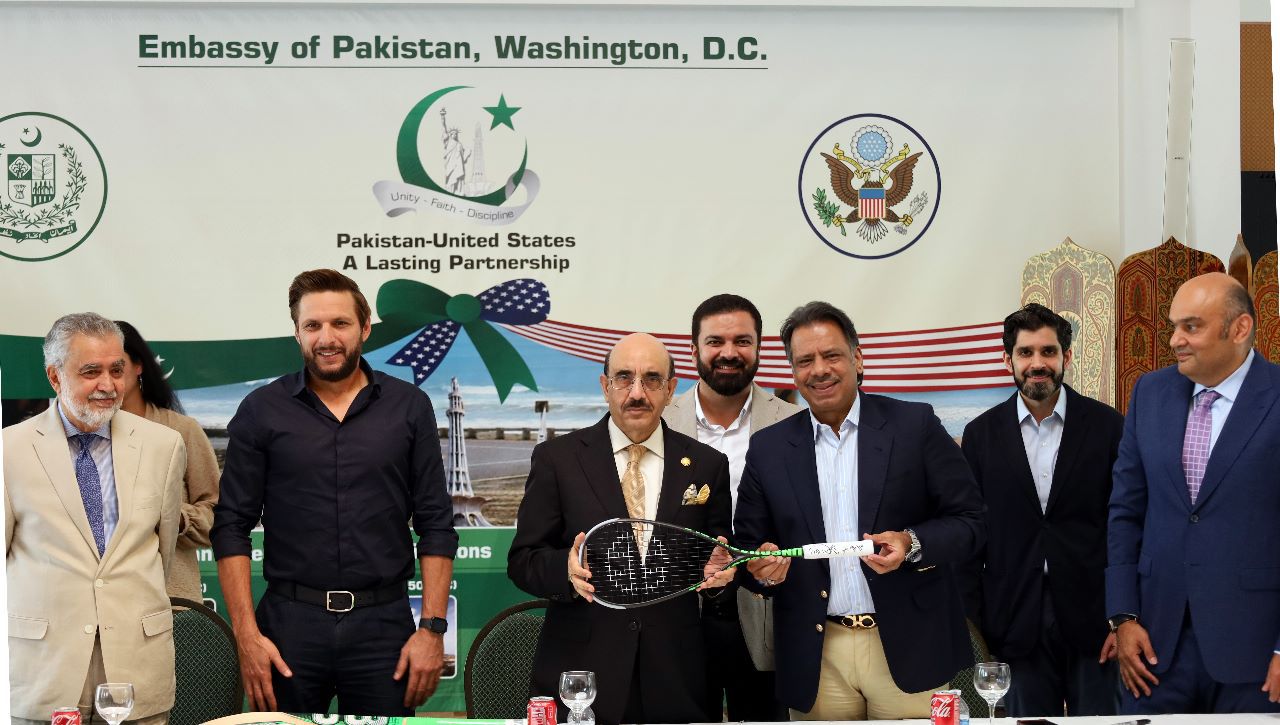
Sardar Masood Khan made these remarks during luncheon meeting with globally renowned cricketer Shahid Khan Afridi and legendary champion Jahangir Khan, who ruled the world of Squash for years. The meeting was attended by community leaders and media persons.
The two iconic superheroes are currently visiting the United States in connection with activities of Shahid Afridi Foundation.
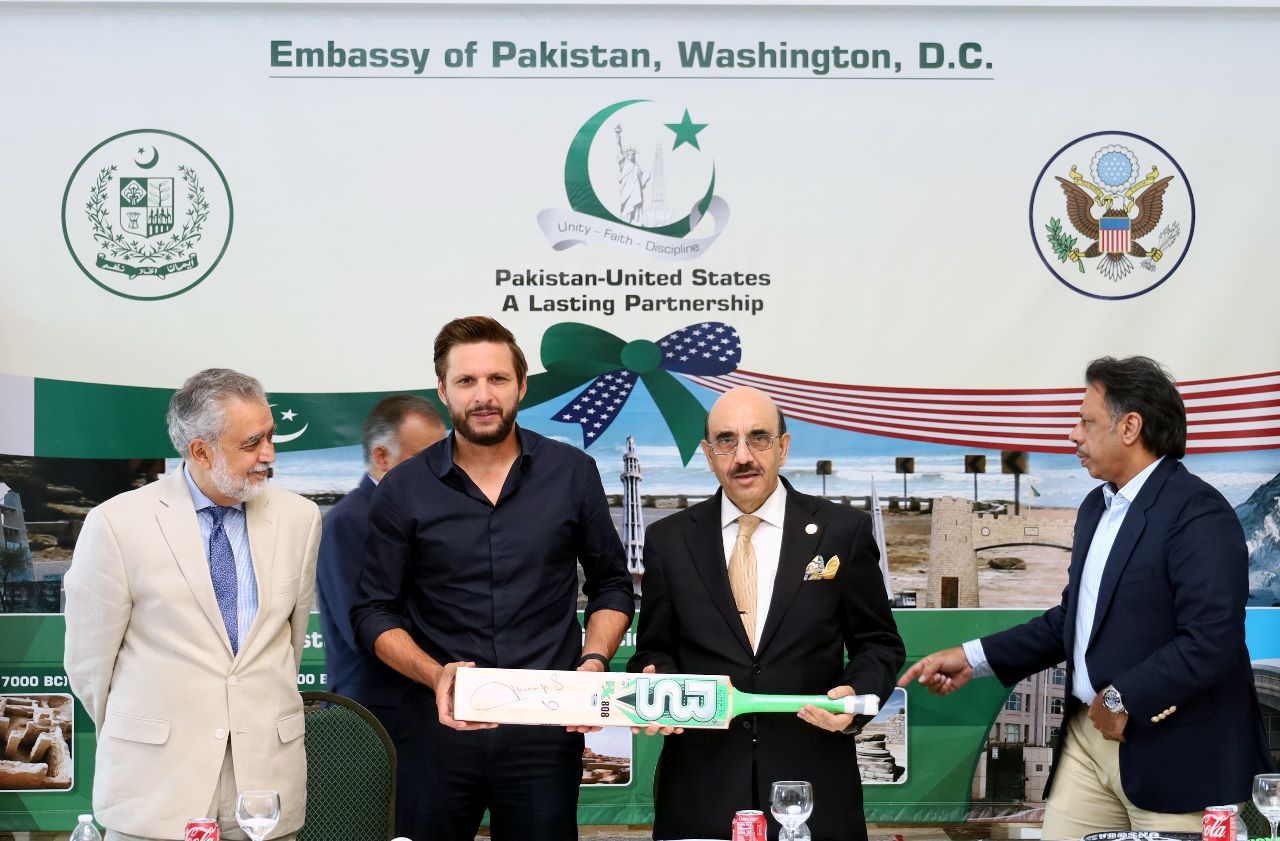
Highlighting philanthropic and humanitarian services of Shahid Afridi, Masood Khan said “I saw him distributing food in Azad Kashmir during the pandemic. His selfless services saved hundreds from starvation during the most challenging time.” “You were the driving force behind Kashmir Premier League. There were many odds against launching such an initiative, both internal as well as external. Because of your charisma and influence, the event was a success story,” observed the Ambassador.
Appreciating the services of the Foundation in education, water security, health and poverty alleviation, the Ambassador said that “Foundation is helping the most indigent and the marginalized sections of society. Paying tribute to legendary Jahangir Khan, Masood Khan said that he was a source of inspiration for the nation. “Children are named after Jahangir Khan,” he observed.
“From sports heroes of the nation, Shahid Afridi and Jahangir Khan have become humanitarian heroes with their selfless services to the people. We salute them.”
Speaking on the occasion, Shahid Afridi said that he formally started his humanitarian activities in 2011 with the establishment of a hospital in his area. He said that so far the organization has established five mobile health hospitals to provide healthcare services to the people of far-flung area at their doorstep. “Pakistan has given me what I cannot even imagine. So I am trying to do what little I could do for my people,” he said. I am lucky that I was born in Pakistan, he continued.
Describing breathtaking beauty of the country, he said that he got an opportunity to travel 17500 km in four months during pandemic and met nearly 400 thousand people. He pointed out that some of NGOs were doing a great work however the scope of their services was restricted due to accessibility and other issues. This deprives the deserving people of far-flung areas of Balochistan and KPK in having access to much needed humanitarian services. In this context, he especially lauded the role of Pak army which has always facilitated him in reaching out to the people of difficult terrain.
Legendary Squash Champion of the World in his remarks said that selfless service was an advanced stage of humanity. “It’s a unique honor to serve the community and motherland,” he said. He highlighted that Shahid Afridi Foundation (SAF) with its registered chapters in USA, UK, Australia, & South Africa was serving underserved communities of Pakistan in critical areas of education, health, clean drinking water, sports rehabilitation and emergency relief response. He appreciated generous contributions of Pak diaspora enabling the foundation to expand the scope of its activities.
Dr. Attique Samdani, a partner and Co- Owner of Virginia Cancer Institute, Richmond and Chair of SAF US chapter, highlighted that the services of the foundation were being provided to the deserving people in a completely transparent manner. He said that every single penny donated by the people was accounted for and was being spent for its intended purpose. He said that over 20,000 families were currently benefiting from the water filtration plants installed by the foundation. He said fourteen girls schools were serving the under-served communities across the country. Besides provision of education, the families were being provided ration and other necessities as an incentive to ensure education of their children.


